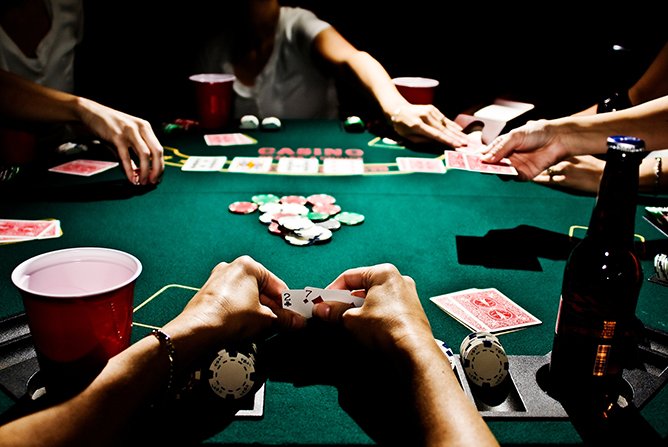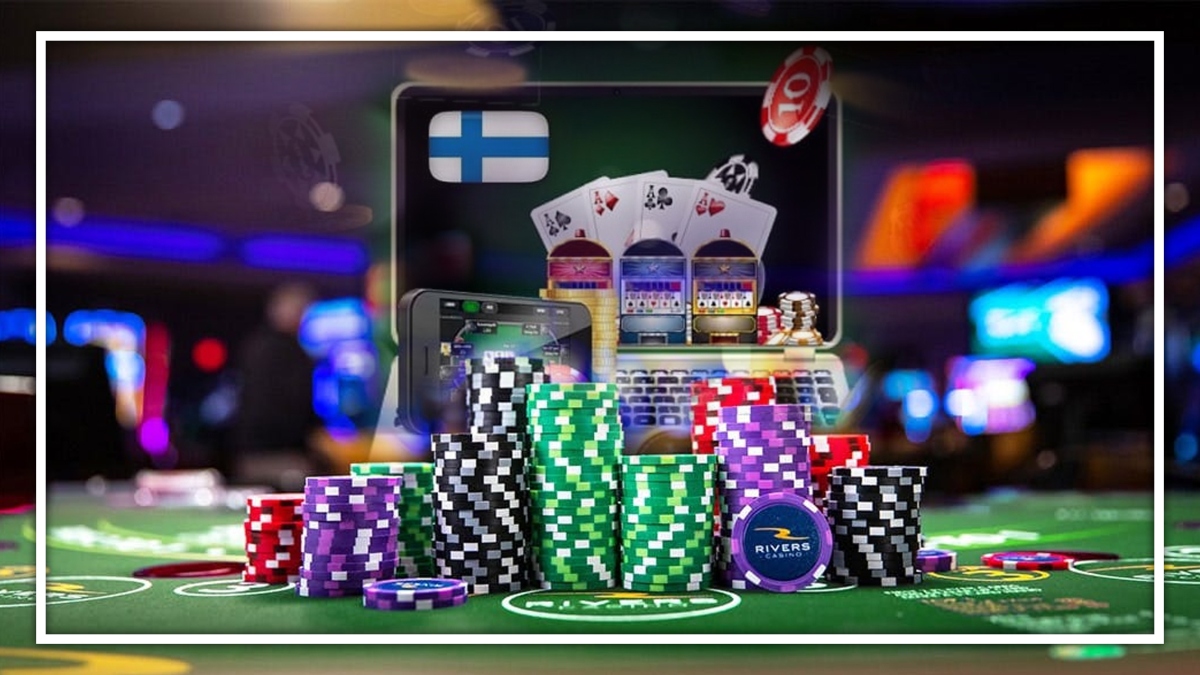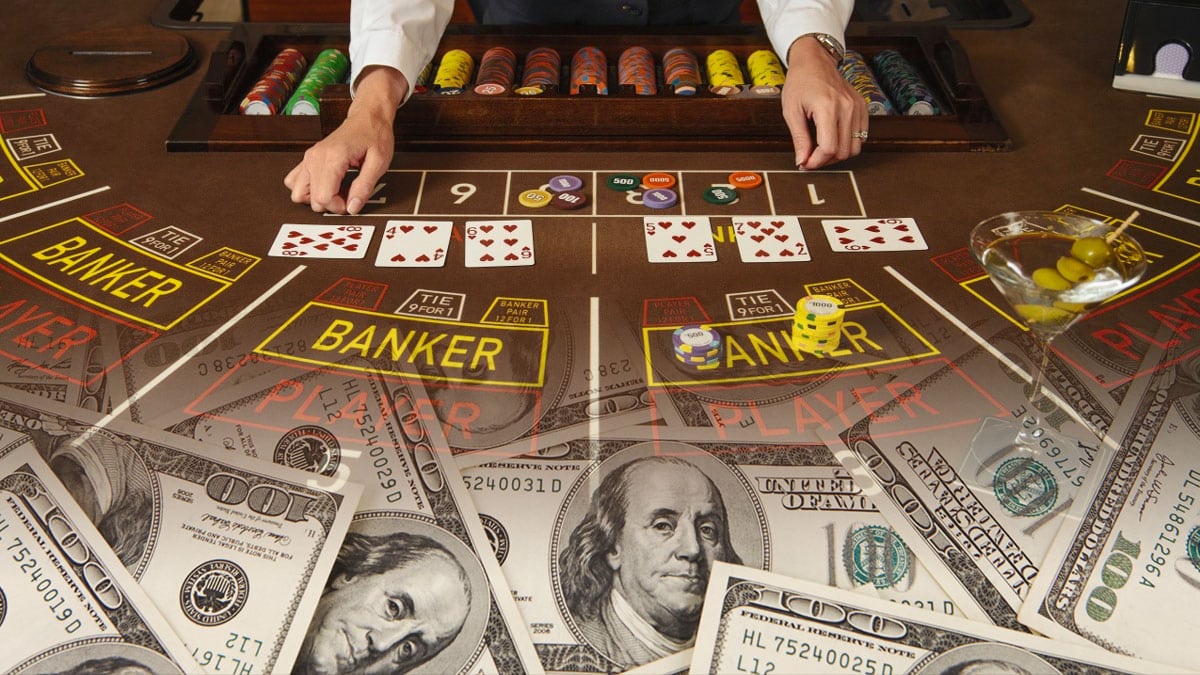
Introduction
Are you looking to win your next poker tournament? If so, then you need a good strategy. In this blog post, we’ll discuss the importance of having a plan, knowing your opponents, and playing to win. We’ll also cover the psychology of poker and provide some tips and tricks for tournament success. So read on to learn how you can take your game to the next level!
The Importance of a Good Strategy.
Having a Plan
In any poker tournament, it is crucial to have a plan and stick to it. Without a clear strategy, it is easy to make careless mistakes that can cost you the tournament. Before you even sit down at the table, take some time to think about what your goals are and what kind of opponents you are likely to encounter. Once you have a good understanding of the game, you can start putting together a plan of attack.
One of the most important aspects of having a good strategy is knowing when to fold. There will be times when you are dealt a bad hand or when the cards just aren’t going your way. In these situations, it is often better to cut your losses and fold rather than trying to bluff your way through. While it may be tempting to try and make something out of nothing, more often than not it will end up costing you dearly in the long run.
Another important aspect of having a good strategy is knowing how to play your position at the table. One common mistake that novice players make is playing too many hands from early position. This can often put you at a disadvantage as you will be one of the first players to act and thus have less information about what other players may be holding. It is usually better to play tight in early position and only open up your game once you have gotten a better read on the other players at the table.
Knowing Your Opponents
A big part of having a good Poker tools is knowing your opponents. This means paying attention to their betting patterns and try to get an idea of what kind of hands they may be holding. If you can get into their heads, then you will have a much better chance of coming out ahead in any given hand.
One way to get an edge on your opponents is by paying attention to their body language. Often times, players will give off tells that can give away what type of hand they are holding. If you can learn to spot these tells, then you will be able to adjust your own play accordingly and take advantage of any weaknesses that your opponents may be showing.
Another way to get an edge on your opponents is by reading their betting patterns. Over time, experienced players develop tells in their betting that can give away information about their hand strength or intentions. By paying attention to how your opponents bet, you can often deduce what type of hand they may have and adjust your own play accordingly.’
Playing to Win
Of course, none of this matters if you don’t actually playto win . While it’s important not show allofyour cards allofthe time ,you also needto be aggressive when necessaryand never afraidto go allin ifyou believeyouhavethe besthand . The keyis findinga happymedium betweenbeing tooaggressiveand playingit too safe–knowingwhento take risksand wagerbig ,and also beingableto lay lowwhen needed .
Beingtoo cautiouswill resultin missedopportunities ,whereasyou couldend uplosingeverything ifyou’retoolooseto takethese chances .Nobodyever wona poker tournamentby playingit safe 100%ofthe time –sometimesthings justworkout infavorofthe risktakers .So don’t beshy –ifyou feelconfidentaboutyour handor thinkyouhavea goodchanceofbluffingyour opponentinto folding ,don’t hold backjustbecauseyou mightlook foolishifit doesn’t workout . At worst ,you’lllose alittlebitofchips ; atthe verybest ,you’llcometoplaywith agiantstackthat putsyoutowardsor even intothe lead .
The psychology of Poker.
The Power of Body Language
Your body language can be just as important as your poker face when it comes to bluffing and reading other players. Pay attention to the way people are holding themselves and try to use your own body language to influence the way they play. For example, if you want someone to think you have a strong hand, sit up straight and make eye contact. On the other hand, if you want someone to think you are weak, slouch in your chair and avoid eye contact.
The Importance of Reading People
In poker, it is important to be able to read people in order to know when they are bluffing or when they have a good hand. Look for tells such as fidgeting, sweating, or avoiding eye contact. These can give you clues about what somebody else is thinking and feeling.
The Mindset of a Winner
It is also important to have the right mindset when playing poker. Believe in yourself and your abilities, and don’t let anyone else take control of the game. Stay calm and collected, even when things are going bad, and always think about your next move. If you can keep a clear head under pressure, you will be more likely to make winning decisions at the table.
Tips and Tricks for Tournament Success.
Stay Focused and Play Your Game
The first step to success in any poker tournament is to stay focused and play your game. This means keeping your emotions in check, being mindful of your opponents’ actions, and making smart decisions at the table. It can be easy to get caught up in the excitement of a tournament and make careless mistakes, so it’s important to stay calm and focused throughout.
Manage Your Chips and Stay in Control
Another key to success in poker tournaments is effective chip management. This means knowing when to hold back and when to go all-in on a hand. It’s also important to be aware of the chip stacks of your opponents; if you have more chips than them, you have more power and can apply more pressure. However, if you are low on chips, you need to be more cautious and conservative with your bets.
Be Aggressive When the Time is Right
While it’s important to be cautious with your chips, you also need to know when to be aggressive and go for broke. There are certain times in a tournament where being aggressive can pay off big time; for example, if you’re one of the short stacks at the table or if you have a strong hand that you want to protect. Knowing when to turn up the heat is an essential skill for any successful poker player.
Conclusion
If you want to win your next poker tournament, it’s important to have a good strategy. You need to have a plan and know your opponents. Playing to win is also important. In addition, the psychology of poker can be helpful.











